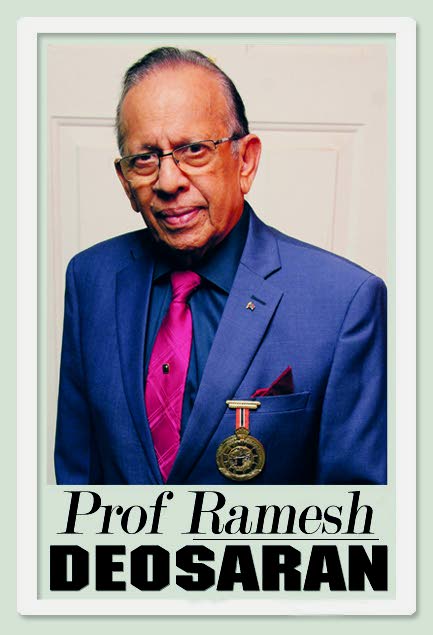Broken expectations

Every time I think about Charles Dickens’ novel Great Expectations, I think of our politicians and how far this country has come since 1962, the year of our political independence when hopes and expectations rose to unprecedented heights.
Dickens’ novel remains a classic story of humiliation, class snobbery, betrayal, false pride and most of all, broken expectations.
Briefly, little Pip, as the novel goes, bounced up a scary-looking escaped convict in the nearby marsh. Under threats, Pip, living with his blacksmith stepfather, helped remove the chain from the convict’s feet, and under further threats, stealthily brought him food. The convict disappeared along the dark river.
Pip, encouraged by the secluded Miss Havisham, fell slavishly in love with the pretty but snobbish Estella, who was staying at Miss Havisham’s house. Poor Pip felt that he was being moulded to marry Estella, not knowing that Havisham merely encouraged him as a means of revenge for a betrayal she had suffered long ago.
Estella suddenly left the village, leaving Pip with broken expectations from which he never recovered. Miss Havisham revelled at his broken heart.
As he grew up, news came that a benefactor had left a large sum to make him an educated gentleman. Pip felt the benefactor was Havisham ,who was preparing him for Estella. He got the education, but never realised becoming a full gentleman.
Towards the end he felt “betrayed” that the benefactor was the convict he had helped in the marsh. His expectation was broken. He also found that Estella had married to his friend. The great dream of his life also crashed.
This experience of broken expectations belongs to many people and societies. When someone leads you along a path of promises, you believe in them, develop expectations and shape your life accordingly only to find broken promises and betrayal. It makes life miserable.
Economic prosperity depends a lot on having high-spirited, optimistic populations. Not one demoralised by broken expectations. Certainly covid19 is here, but we cannot remain conquered for too long. It is no easy task to find the balance between saving lives and promoting livelihoods. Community support is necessary.
Any reliable opinion poll or perusal of letters to editors will tell you how trust in politicians and government has collapsed between 1962 and today. In his several speeches to the nation, TT's first Prime Minister Dr Williams raised the hopes and expectations of an excited population.
That was his duty then though national unity, then and now, remains more an aspiration than in reality. Towards 2025, the society needs a new vision, a new reality with big ideas.
The manifestos of political parties have become flagships of broken promises and crashed expectations. Politicians repeatedly preach from the campaign platform: We are your servants, we will solve crime and poverty, fix broken roads and water shortages, reduce crime and unemployment, create a monorail, diversify the economy, etc.
Citizens hear all this, repeatedly, only to find, repeatedly, that after the election, the manifestos and campaign promises seem to find a comfortable place in the dustbin.
But things have caught up with us. The causes of flooding, for example, incrementally emerged from broken promises, political neglect and patronised developers. Crime reduction and control has suffered the most from broken expectations. How could the population, in its 59th year of independence and onwards, be saved from experiencing broken expectations and failed political promises?
That such deficits have long histories make it quite difficult for politicians new in office to solve them quickly. What aggravates, however, is that they had promised “to fix them quickly” during the campaign. The lifeblood of a politician is making promises, even those they well know are unrealistic. There are moral implications in this.
A helpful first step is for politicians, especially those new in government, to tell the people the facts first, the true extent of the prevailing problems, and explain truthfully how they intend to deal with them and the limitations.
But you see, the other party will then boast that they could do it better and even faster. Does this then mean that the political culture itself is inescapably morally and politically corrupt?
Pip allowed himself to be led astray by having faith in Miss Havisham and Estella. He suffered broken expectations twice.

Comments
"Broken expectations"